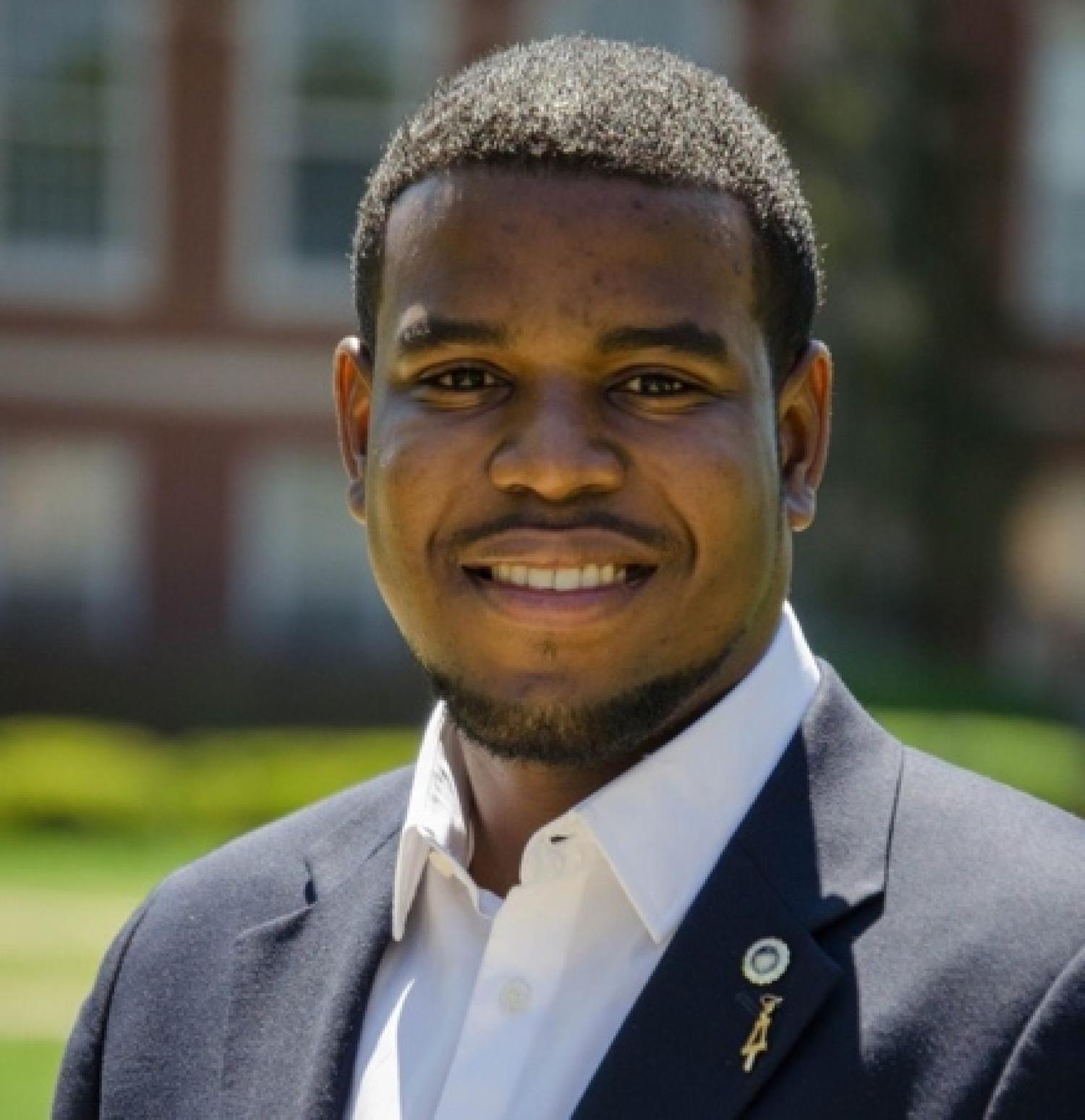Seminar: Increasing Modeling Fidelity in the Assessment of Electric Aircraft for Regional and Urban Air Mobility - Feb. 25

Matthew Clarke
PhD Candidate, Department of Aeronautics and Astronautics, Stanford University
Friday, Feb. 25 | 12:00 P.M. | AERO 114
Abstract: Approaches to eVTOL aircraft design have been widely haphazard due to no established framework for assessing the performance of non-conventional configurations. Oftentimes, designers rely on simple first-order approximations and correlative methods based on historical data to infer performance. These, however, fail to capture some of the nuances encountered during preliminary fight testing. In my talk, I discuss both the necessity and methodology of incorporating medium-fidelity analytical techniques into the conceptual design stage of eVTOL aircraft for regional and urban air mobility.
In the first half of this presentation, I examine the applicability of a frequency-domain approach for capturing vehicle acoustic footprint and assessing the impact of rotor optimization on overall radiated noise and performance.
In the latter half of this talk, I introduce the idea of integrating battery lifetime modeling into the assessment of all-electric aircraft meant to service commuter routes, both within polycentric metropolitan regions and between residential and commercial spaces. Collectively, such detailed approaches to acoustic and electric architecture modeling can equip air transportation network modelers with information critical to improving strategies for optimizing vehicle utility and maximizing revenue from such a service.
Bio: Matthew Clarke is a Ph.D. Candidate in the Department of Aeronautics and Astronautics (AA) at Stanford University. He is a Tau Beta Pi Fellow and holds an M.S. in AA from Stanford and B.S. in Mechanical Engineering from Howard University. His research focuses on aircraft design, aerodynamics and aeroacoustics, with an emphasis on the analysis and optimization of vehicles for regional and urban air mobility. His work also encompasses system modeling of novel battery technology for electric propulsion applications and the assessment of vehicle noise on transportation network planning.
He also directs research efforts in the Stanford University Aerospace Vehicle Environment (SUAVE) group within the Aerospace Design Lab directed by Juan Alonso, Ph.D. In this capacity, he coordinates the development of the open-source tool for designing, analyzing and optimizing conventional passenger, drone, supersonic and eVTOL aircraft.

